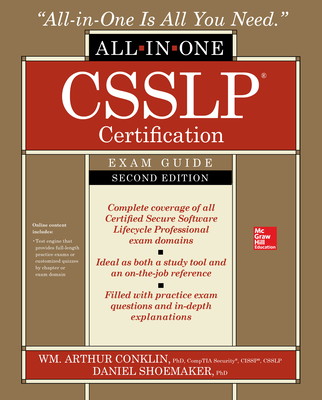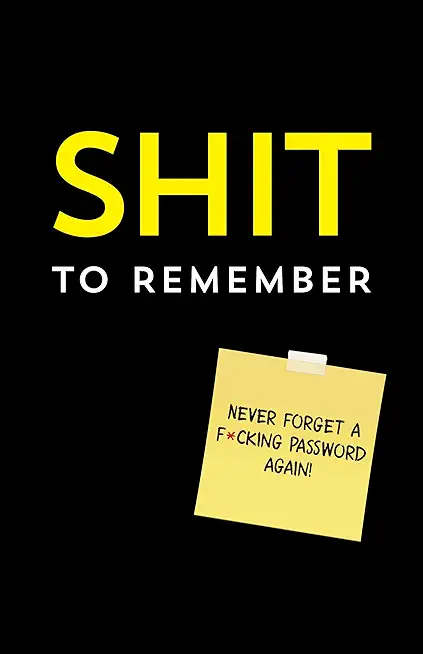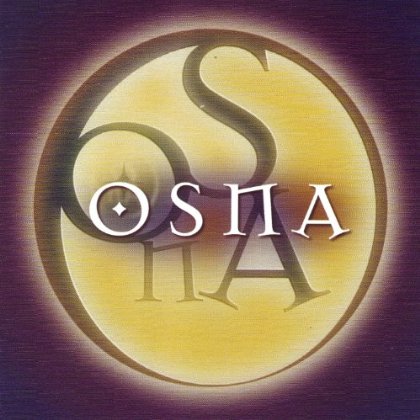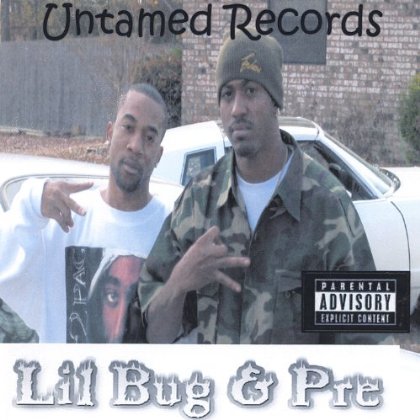
While moving my parents from the home I grew up in to a wonderful retirement community, I stumbled across a treasure trove of letters that had been sent to my father in America from his immediate family in Baranowicze, Poland, who were murdered in the Holocaust. His family consisted of his mother, father, two sisters, a brother in-law and his infant niece Pola. My father was just 17 years old when his parents sent him to America in 1938 to live with and work for his uncle. After translating and then reading the letters I could not help but fall in love with my grandparents and family from Poland. They had always been on the periphery of my awareness, but they now became front and center and I wanted not only my children to read about them, but I wanted everyone to know that they existed, that they were loved, that they were here.
My father also wrote a short autobiographical story from his earliest memories as a child in Poland until the age of 38 in America. Looking back with great fondness to his early childhood in Poland, and then reflecting back with not so much fondness on his teenage years, his awareness of prejudice, of helplessness, of being trapped, starts to weigh on him. After being accused of a crime he did not commit, it became almost unbearable for him and his family and the pressure to get him to America mounted.
Even though he was exempt from military service because his job was considered part of the war effort, he enlisted anyway. He wanted to fight for his family. During his army days he exchanged letters with a cousin back in the States. The letters he wrote were turned over to me by his cousin's daughter who found them neatly tucked away. Although my father only had about six months of education in America, these letters were so beautifully written, so indicative of a soldier's life, of a soldier's hopes and dreams, of a decent soldier's feeling toward the enemy, they could only be read with pride for our country and admiration for my father.
"Dearest Maysheleh" started out as a means to keep my father's family alive in our hearts through their letters, but it evolved into something much more. So much more! It is a book of love, of hardship, of duty, of respect, of responsibility, of dedication, of joy, of hope, of reward, of sorrow, of decency, of a life well lived and even more. It is the story of a man who many might say was ordinary, but after reading the story will know he was extraordinary. As my husband wrote for my father's eulogy, he was "the prototype for the Greatest Generation."
This story, my father's story, could inspire, could teach, could encourage, could evoke the spectrum of human emotion. If nothing else, it is thought provoking. These are aspects of this story that everyone, no matter what age, could relate to and learn from.







